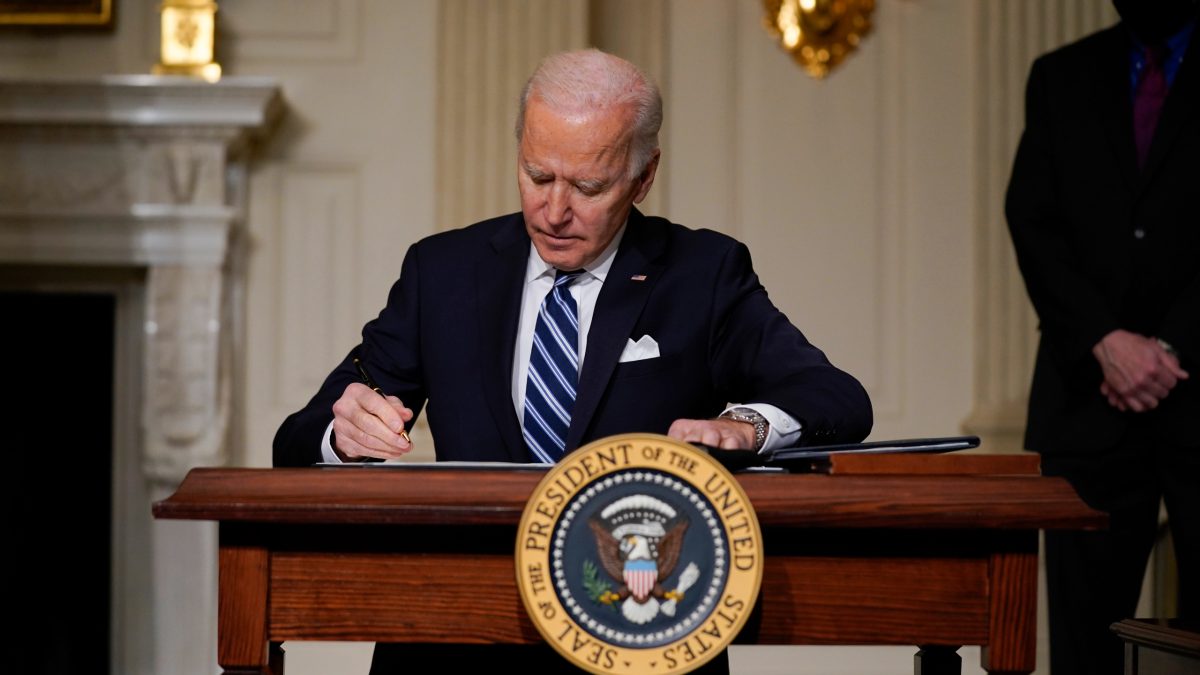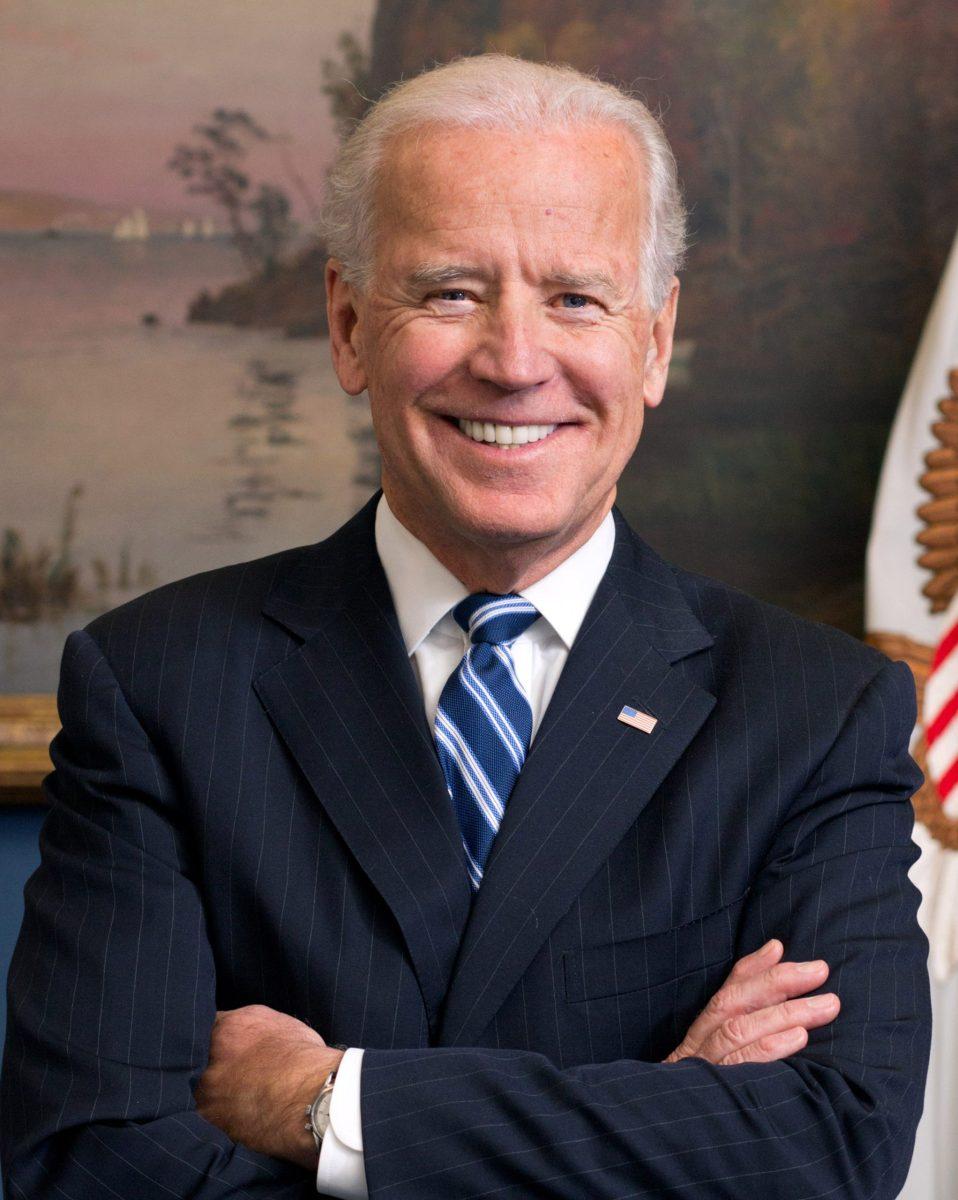On October 1, New Jersey will raise the tax rate on gasoline and diesel fuel by 4.3 cents per gallon. This tax increase comes as an addition to the infamous 23-cent hike implemented in 2016, which served as the state’s first increase on gasoline taxes since 1988. The new tax rate will be 41.4 cents per gallon, granting New Jersey the title of ninth highest gas tax in the United States. Just two years ago, New Jersey was on the other end of the list with the lowest national gas tax, second only to Alaska.
The 23-cent tax increase of the Christie era was created to restock the funds of the Transportation Trust and pay for $16 billion of transportation improvements over an eight-year period. A decrease in fuel consumption over the last two years means the funding goal of $1.23 billion annually was not met—thus, the decision to elevate the tax rate to fill in the budget gap.
“The precise change in the gas tax rate is dictated by several factors, all of which are beyond the control of the current administration,” State treasurer Elizabeth Muoio said in a statement. “Because the Christie administration overestimated gas consumption rates last year, the tax rate has to be increased by nearly two cents more this year in order for us to meet our obligation … and fully fund the state’s many pressing transportation infrastructure needs.”
The most surprising aspect of this story is that New Jersey is not already at the top of the list for highest gas tax. Considering we have skyrocketed state and local taxes compared to other states and our cost of living is substantially higher than other areas within the U.S., the fact that it took until 2016 for New Jersey to heavily tax gas is astonishing.
Budget and finance officer of the Office of Legislative Services, Frank Haines, is quoted as saying that each one-cent increase in the gas tax is equivalent to $50 million in state revenue toward the transportation system. Thus, the extra fifty cents New Jerseyans will be paying for a fill-up directly results in over $200 million dollars that will go to fixing the crumbling bumps and potholes of our roads.
All things considered, it is hard to imagine a four-cent increase having an impact of more than $30 per year on the average consumer, while the increase keeps New Jersey on track toward a refurbishment of our roads and rails. Over the next few years Governor Murphy and his administration will undoubtedly increase taxes in New Jersey, but at least this gas tax makes sense.































